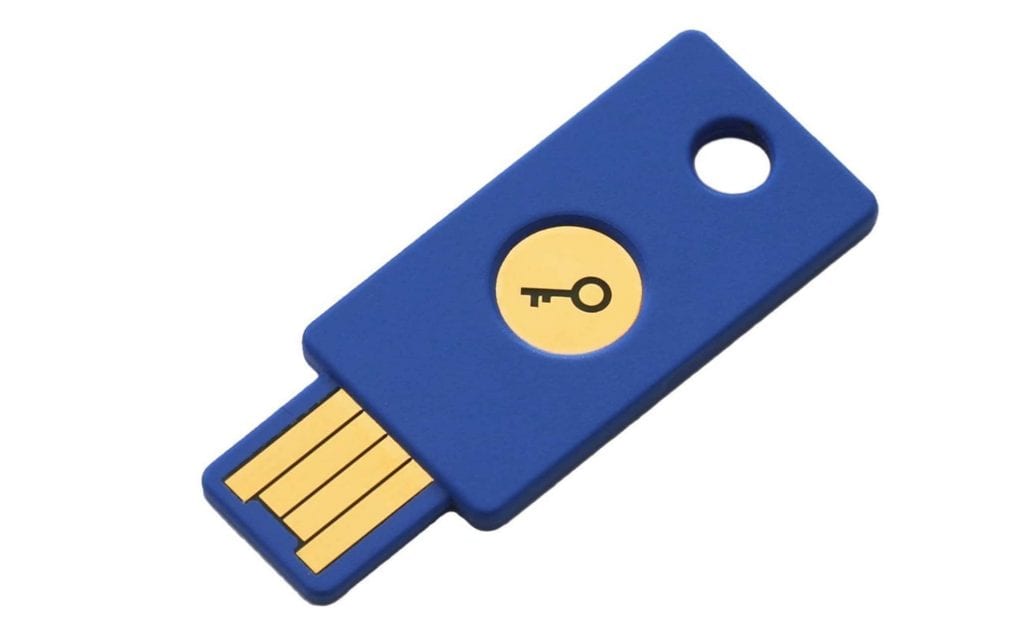Spyware. Malware. Ransomware. There are a lot of different names for viruses today. Let’s start with the terms.
Spyware
Spyware is a creepy virus that is designed to pull information from your computer. Spyware is designed to run on your computer without your knowledge. Sometimes it will masquerade as a “beneficial” software (you get the weather in your browser and they get your search history). Spyware is always designed to steal something, even if it’s just information on how you are using your computer.
These infections do not spread like a virus. Frequently they’re installed with some consent of the user. That weather toolbar mentioned earlier, free game or cleanup utility. Spyware is usually designed to exploit the infected computers for commercial gains. It creates pop up advertisements, steals information or monitors web browsing activity.
Malware
Malware is a different beast. It’s designed to have an noticeable effect on your computer. Basically, malware is a synonym for a traditional virus. It could be fake antivirus that you can’t uninstall or a tool that redirects all of your web searches. Got a security warning that your system is riddled with viruses? That’s malware. It is created to have a detrimental effect. Usually, they’re looking for money.
Ransomware
Infections like ransomware are on the opposite end of the spectrum: they’re designed to be obvious. Heard stories of people that had to pay $500 to get their Christmas photos back? That’s ransomware. It’s usually designed to lock your computer or corrupt the data on your hard drive by encrypting it.
They’re All Viruses
A decent antivirus program should block spyware and malware. Many don’t. The majority of the computers we clean had current, commercially available antivirus software on them. Paying for security software doesn’t always translate into a safer computer.
Why do we need cleanup programs to remove malware when antivirus software has failed?
The problem is that antivirus software is always late to the game. The best antivirus programs will at least question that download you just clicked on. After that it’s up to you. If it’s legitimately spyware or malware though, your antivirus should do its best to block it. If it’s not, it’s time for a change.



